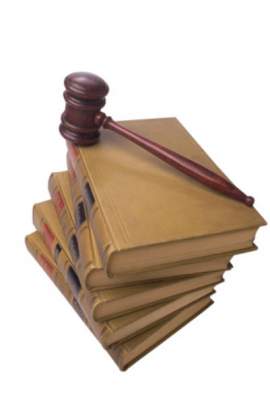
Definition of a Plaintiff

In some legal jurisdictions, the plaintiff refers to the party who initiates a lawsuit, also known as an action, in a court of law. Plaintiffs are also referred to as claimants or complainants depending on the jurisdictions.
When plaintiffs file their lawsuit, they are seeking a legal remedy for a perceived infraction. If the legal action is successful, the court will issue a judgment in favor of the plaintiff and then file the appropriate court order, such as issuing an order awarding damages to the plaintiff or plaintiffs.
Sometimes the commencement of a lawsuit is preceded by the plaintiffs in the lawsuit presenting a summons, claim for, or complaint to the court, which is then forwarded to the defendant. These documents, which are known as pleadings, set forth the alleged wrongs committed by the defendant from which the plaintiff’s suit seeks relief.
Not all cases involving plaintiffs involve plenary actions, court proceedings that involve a full trial to address the merits of the case. When this happens, the procedure may be known as a proceeding, in which the “plaintiff” is known as the “petitioner,” and the “defendant” becomes the “respondent.”
A plaintiff who is identified by name is a class action law suit is known as a named plaintiff.
Case names involving a plaintiff and a defendant usually give the name of the plaintiff first, such that the case name would be written as Plaintiff v. Defendant.
NEXT: How to Sue in Small Claims Court


















